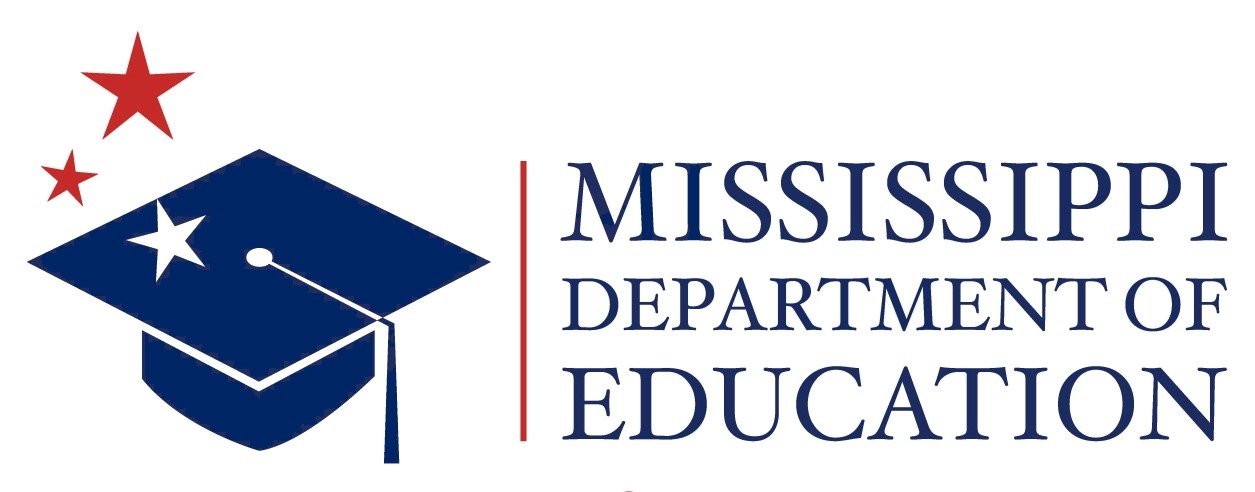September 24, 2014
Being a good reader is critical to success in school. That’s why Mississippi’s youngest students started this school year with classes that provide a greater emphasis on literacy.
This effort is part of the Literacy-Based Promotion Act, which Gov. Phil Bryant signed into law in 2013. The act establishes a path to ensure every child in Mississippi enters fourth grade as a competent reader.
Along with expanding access to quality early childhood education programs, this plan is necessary for the futures of our children.
According to the National Assessment of Educational Progress — a reading test administered nationally every two years — Mississippi’s fourth-grade students are a grade level behind their peers in other states. Forty-seven percent of our children score below basic.
Children spend their K-3 years learning how to read. After that, they read to learn. Children who can’t read by fourth grade can’t do the classwork. That makes them four times more likely to drop out of school. Almost 90 percent of teenagers in the juvenile justice system are functionally illiterate. Seven out of 10 adult prisoners can’t read above a fourth-grade level.
That is hardly a path we want for our children.
We can and must do better for Mississippi’s students. It’s a moral imperative that our schools equip students to read by the end of third grade or we are setting them up for failure. And it’s an economic imperative for our state as our businesses demand a more skilled, better educated workforce.
Mississippi’s Literacy-Based Promotion Act takes a comprehensive approach to identify struggling readers, intervene early, and ensure students advance ready to succeed.
As a part of this plan, our schools are screening students starting in kindergarten to identify those who struggle with early reading skills. Parents are notified if a child falls behind, and intensive reading interventions are provided to meet that child’s specific needs. Parents are given instructions about how they can help their child at home. Teachers closely monitor struggling students and adjust instruction to help students reach grade-level reading proficiency.
The Mississippi Department of Education is training principals and teachers to ensure our educators have the support and tools they need to enact this policy. We have deployed reading coaches to 67 literacy target schools and 39 districts across the state to support the staff and help improve student reading achievement. Any district may request our literacy instruction support.
Families are a key part of this plan because they are the backbone of student learning. I urge parents to make reading a daily activity at home and to talk regularly with teachers about their child’s progress.
At the end of this school year, third-graders will have the opportunity to prove they are ready for promotion to fourth grade. Students can demonstrate they have sufficient reading skills through the state reading exam or an alternative assessment. There will be exemptions to recognize the specials needs of students with disabilities, students learning English or students who have been previously retained.
Students who do not demonstrate adequate reading skills will be retained and provided the intensive intervention they need to catch up with their peers. Retention is an absolute last option. Rather than shuffle students along to fourth grade and hope they catch up one day, retention gives these students high-performing teachers, dedicated reading instruction, and the increased support they need to master reading.
The poet Michael Bassey Johnson is quoted as saying, “Time doesn’t conceal anything, it tells the future what you did in the past, so prepare well in order to score extra marks.”
The same is true about children learning to read. Mississippi children enter life bursting with potential, but without a strong foundation of literacy, their futures will likely include unnecessary challenges and obstacles.
We need our leaders, educators, administrators and parents to rise to the challenge and help improve the futures of Mississippi students.
I ask that you join the effort to help empower the children in your lives and communities with the gift of literacy.
Media Contact:
Patrice Guilfoyle, APR
Director of Communications
601-359-3706
Jean Cook, APR
Communications Specialist
601-359-3519



